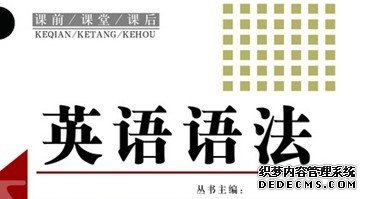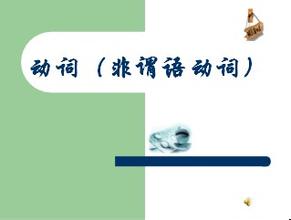外研版SB5 MODULE 4 The Magic of the Mask课文导学材料(2)
paper at tourists. The town council realized that carnival was good for business, and the festival
“游客” “生意”(busy的名词)
was developed for tourists.
“开发”
Today, carnival in Venice is celebrated for five days in February. People arrive from all over
“庆祝” “二月”
Europe to enjoy the fun. Hotels are fully booked and the narrow streets are crowded with
“为了享受乐趣” “旅店” “满地” “狭窄的” “挤满”
wonderful costumes. German, French and English seem to be the main languages. But the spirit of
“德语” “法语” “主要的语言” “精神、本质”
Venice carnival is not quite the same as the great American carnivals. If the key to Rio is music
“非常” “钥匙;关键”
and movement, then in Venice it is the mystery of the masks. As you wander through the streets,
“运动;移动;游行” “神秘” “穿过”
you see thousands of masks—elegant or frightening, sad or amusing, traditional or modern—but
“令人害怕的” “令人感觉有趣的” “传统的”
you have no idea what the faces behind them look like. Nobody takes them off. If the masks come
“脱下;取下”
off, the magic is lost.
“掉下” lose(lost, lost)失去
检测卷
SB5 MODULE 4 The Magic of the Mask
Think of carnival, and you think of the _______, costumes, and ______. The sounds and
“人群” “混乱”
_______ change from one country to another but the _______ is the same everywhere.
“景象” ________ “兴奋”
“Carnival” comes from two Latin words, _______ “no more meat”. In Europe, ________ it
“拉丁的”=which mean定语 _______
began, carnival was followed by forty days without meat, as people __________ for the Christian
begin(began, begun) “跟随” “为。。。。。。做准备”
festival of Easter. People saw Carnival as a last ______ to have fun at the end of the winter season.
______ _____ “机会” 定语 “季节”
Having fun meant eating, drinking and dressing up.
Doing结构做主语 Doing结构做宾语 mean(meant, meant)意味着;打算
The most famous carnival in Europe was in Venice. At the _______, it _______for just one
“开始” “持续”
day. People ate, drank, and wore masks. ______________, however, the carnival _______ was
eat(ate, eaten)drink(drank, drunk) “随着时间过去” “时段”
wear(wore, worn) vt.”带着; 穿着; 蓄着” wear a smile “面带微笑”
extended, so that it began just after Christmas. For weeks ________ people walked round the streets
begin(began, begun) “连续”
________ masks, doing what they wanted without ______________. Ordinary people could
“带着” doing结构做伴随状语 “被认出” “普通的”
_________ to be rich and important, _______ famous people could have romantic adventures _______.




